White Paras stone, often also called Paras Jogja, is a typical Indonesian natural stone originating from the Gunungkidul area, Yogyakarta. This stone is the result of the sedimentation process of limestone over thousands of years, resulting in a stone with a characteristic soft white or cream color. Paras Jogja is very popular in the world of architecture because of its natural and elegant appearance.
WHITE PARAS STONE TILE
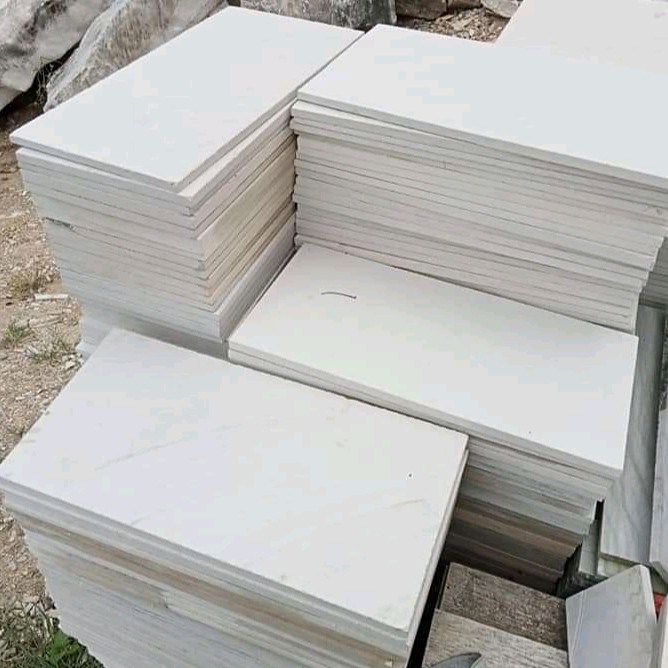

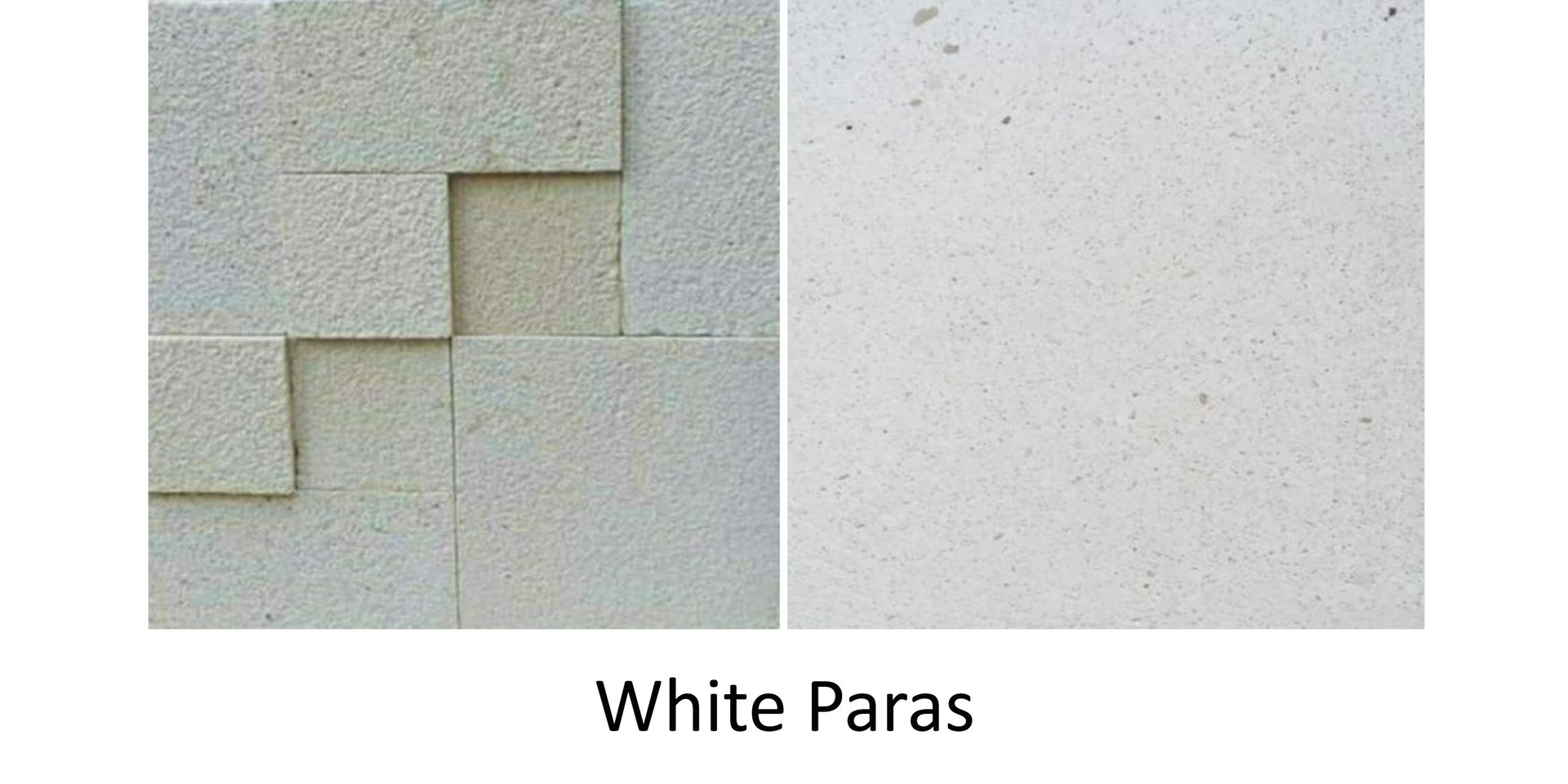

CHARACTERISTICS OF WHITE PARAS
Color
This stone has a dominant color of white to light cream, giving a bright, clean and natural impression. This color can turn slightly darker if exposed to constant moisture.
Texture
Smooth to slightly porous (due to limestone).
The surface can be finished smoother or left rough for a natural impression.
Basic material
Composed of soft chalk material, so it is easy to carve or process into various shapes.
Size and Shape
Generally available in various sizes, such as rectangular cuts, blocks, or custom shapes.
Can be ordered in the form of decorative carvings for architectural elements, such as reliefs, ornaments or pillars.
ADVANTAGES OF WHITE PARAS
Aesthetics
White or cream colors create a clean, luxurious and elegant impression on the building. Suitable for various design styles, such as modern minimalist, classic, to traditional.
Carving Ability
Its soft texture makes it easy to carve or carve, so it is often used for wall decorations, reliefs or statues.
Cooling Effect
White sandstone tends to absorb heat more slowly than other materials, thus providing a cool effect in the area where it is used.
Suitable for Various Climates
This stone can be used in tropical climates, although it requires extra protection in damp areas.
USE OF WHITE PARAS
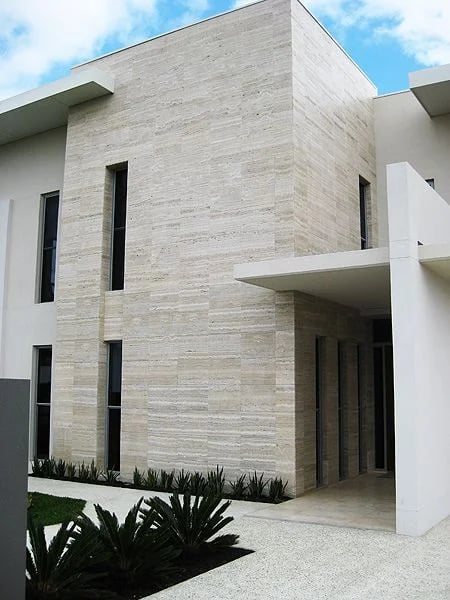

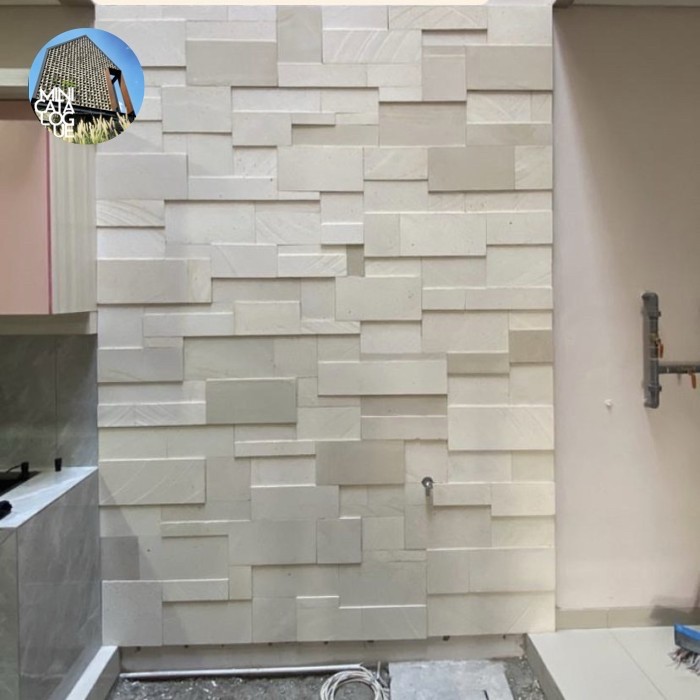

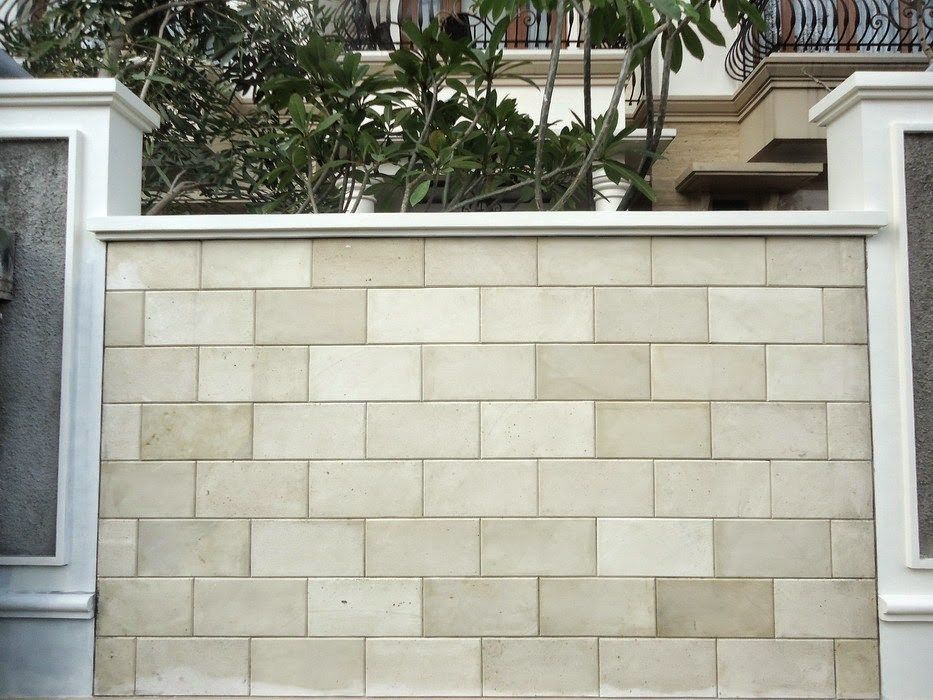

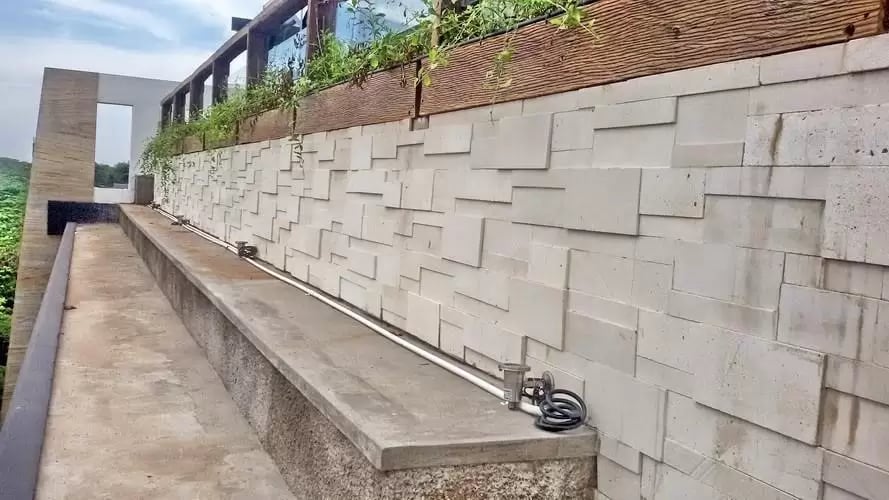

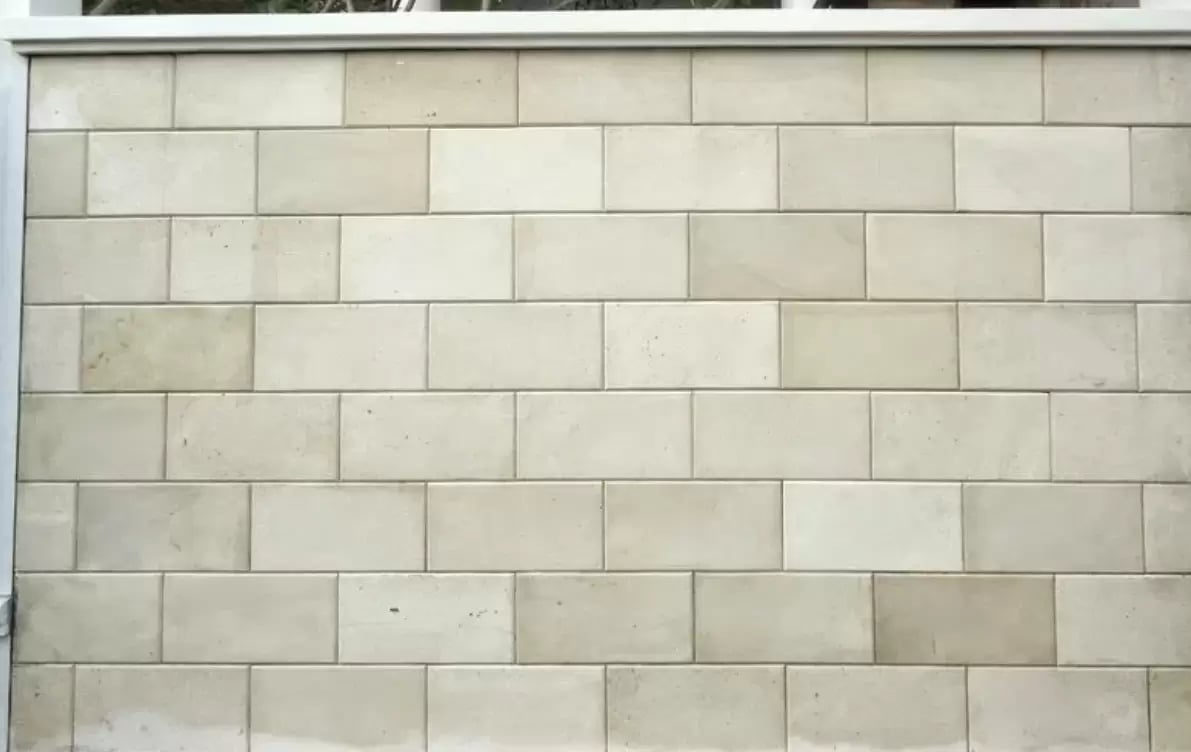

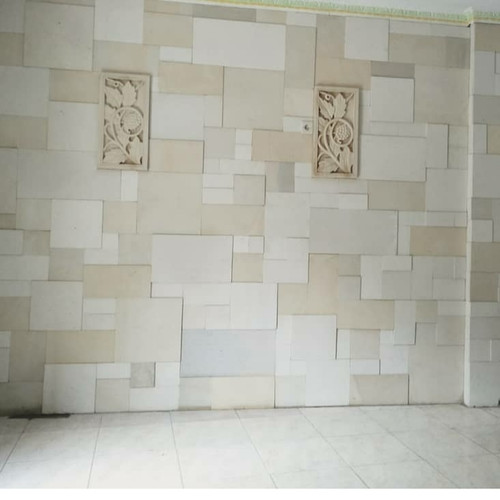

Exterior
Building facade.
The outer wall of a house, villa or hotel.
Fence with a natural and artistic impression.
Interiors
Decorative walls (feature walls).
Decorative pillars or columns.
Carvings and ornaments to decorate the room.
Gardens and Landscapes
Decoration for gardens, such as wall fountains.
Paving or paths.
Decorations around swimming pools or fish ponds.
Relief and Sculpture
Used for relief carvings with traditional themes, such as motifs of flora and fauna, temples or local culture.
DISADVANTAGES OF WHITE PARAS
High Porosity
Due to its porous nature, this stone absorbs water, making it more susceptible to mold, mildew and stains if not cared for properly.
Needs Regular Maintenance
Requires coating (coating/sealant) to protect from moisture and dirt.
It needs regular cleaning to keep it looking clean.
Less Resistant to Chemicals
Substances such as acids or harsh chemicals can damage the surface of the stone.
Soft and susceptible to scratches
More susceptible to damage than harder stones such as granite.
ADDITIONAL INFORMATION
White Paras Stone or Paras Jogja is a natural material that offers a combination of elegant aesthetics and versatile function. Even though it requires special care, this stone is still a favorite choice for beautifying buildings with a luxurious and natural impression. With good care, its beauty and durability can be maintained in the long term. We are from white paras stone tile supplier. Contact us for the best price quote, and our team is ready to help you.
ADDRESS
Sukabumi, West Java, Cikembar 43157, Indonesia
INDONESIA
Phone : +62857 7000 8911
Email : info@sukabumistones.com
INDIA
Phone : +91-900-1777-911
Email : Sales@melangestones.com
PHILIPPINES
Phone : +6391 7524 6543
Email : Joemarie@sukabumistones.com
CONTACTS & REPRESENTATIVES
BRAZIL
Phone : +5547 9649 9211
Email : importedireto@sukabumistones.com
MEXICO
Phone : +52 811 066 9083
Email : joaquin.salazar@saretoch.io
